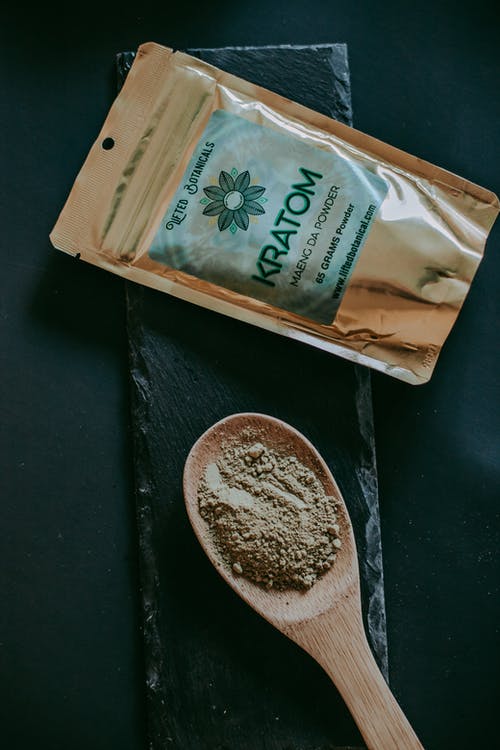Drugs that treat opioid addiction are also effective for kratom dependence.
Medications used to treat opioid use disorder (OUD) may also be effective for curbing kratom use disorder (KUD), according to the results of a comprehensive literature review and an expert survey. Specifically, buprenorphine, naltrexone, and methadone were analyzed, and it was suggested that they “should be extended to [treat] cases of moderate to severe kratom addiction,” explained study investigator Saeed Ahmed, MD, medical director of West Ridge Center at Rutland Regional Medical Center, Rutland, Vermont. Ahmed presented the findings at the virtual American Psychiatric Association (APA) 2021 Annual Meeting.
Kratom is a plant extract that comes from the leaves of a Southeast Asia tree. It can be chewed, and dry kratom can be swallowed or brewed. Kratom also comes in liquid form and can be ingested as pills or capsules. The liquid is commonly marketed for relief of muscle aches and pain, to ward off anxiety and panic attacks, for weight loss and to suppress appetite, and to stop cramps and diarrhea.

Products containing the substance are “readily available and legal for sale in many states and cities in the US,” said Ahmed. It can be purchased both online and in-person at smoke shops across the U.S. and use, to date, has been primarily self-monitored by those who purchase it.
Results of the review showed, “Pharmacological modalities utilized include mostly buprenorphine but also a few cases of naltrexone and methadone, all with favorable outcomes. This is supported by the results of the expert survey, which demonstrated that those who have managed KUD in isolation of a comorbid OUD reported having utilized buprenorphine (89.5%), as well as the other medications for opioid use disorder (MOUD).” The authors concluded, “This is the first comprehensive review to examine the existing literature referring to management of KUD in combination with a survey of current experts’ clinical consensus regarding pharmacological management. Based on this information, it seems reasonable that the indication for MOUD should be extended to cases of moderate to severe KUD.”
A 2018 analysis by the U.S. Food and Drug Administration (FDA) identified kratom has an opioid much to the dismay and pushback of American Kratom Association. As of April of the same year, “more than 130 people in 38 states became ill with Salmonella after taking kratom.” This suggests that the supply available to consumers may be contaminated. Another study testing kratom as a treatment for opioid withdrawal, participants who took kratom for more than six months reported symptoms consisted with OUD withdrawal.
Mayo Clinic calls kratom unsafe and ineffective, suggesting, “Kratom is not currently regulated in the United States, and federal agencies are taking action to combat false claims about kratom. In the meantime, your safest option is to work with your doctor to find other treatment options.”
Kratom addiction, said Ahmed, is an “emerging public health problem.” He added that “the number of calls to poison control centers across the country has increased 52-fold.” Ahmed believes misinformation and sellers’ deceptive marketing practices indicating the plant is safe for use could have contributed to this.
Sources:
Opioid Addiction Meds May Curb Growing Problem of Kratom Dependence


Join the conversation!